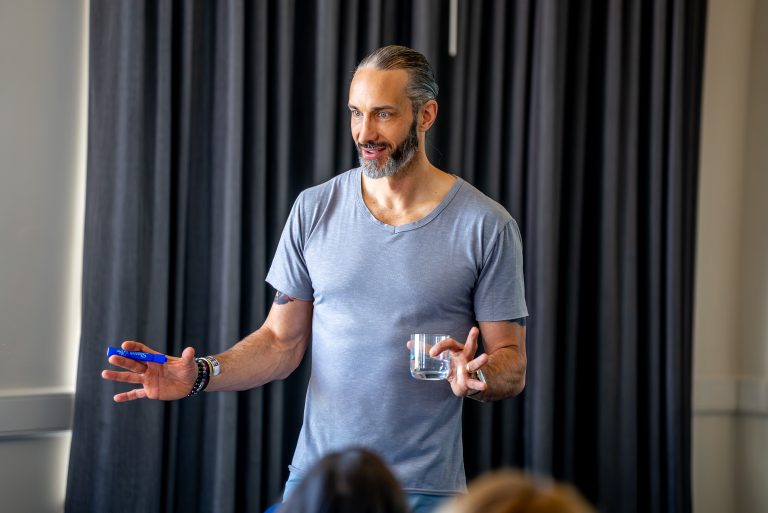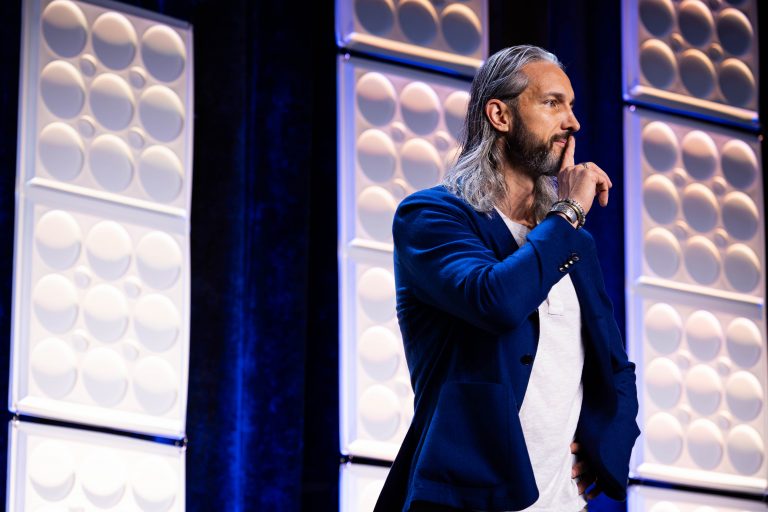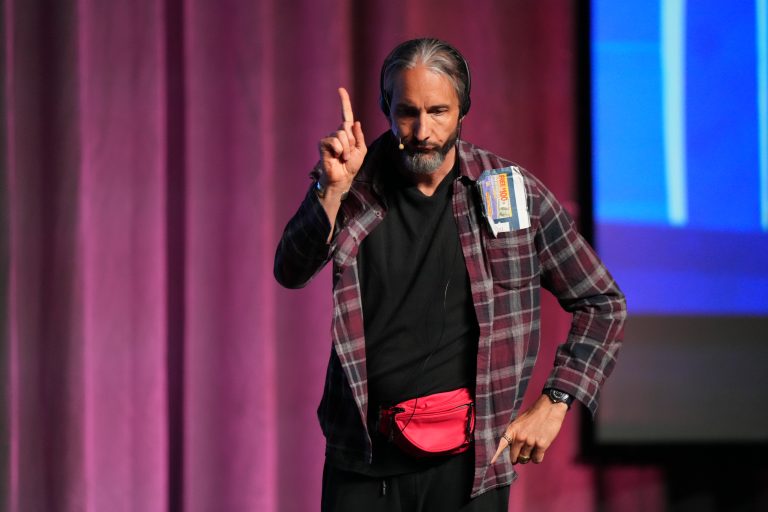There’s the money you lose—and then there’s what that loss costs you. The real toll? It’s emotional. Mental. Relational. And it’s far greater than any number on a statement.
Losing money sucks.
Especially when you worked your ass off for it. Especially when you thought it was going to be a big win.
And then it becomes the gut punch you didn’t see coming. Not just the loss, but the story that follows—the shame, the judgment, the fractured confidence.
It’s not just the bank account that takes the hit. It’s the belief in yourself. The memory of where you were when you made the investment. The way that city or building or person becomes an emotional anchor—one that now drags you down.
I’ve lost money in real estate, bridge loans, NFTs, and crypto crapcoins. I’ve ignored my own Investor DNA. I’ve stepped outside my circle of competence chasing something shiny or emotionally seductive.
Worst of all? I knew better.
I even got warned. But I let excitement override intuition. I bought into the story instead of doing the math. I sacrificed clarity for hope. And I paid the price.
The Pain Beyond the Price Tag
There’s the pain of the loss itself, but also the fear on the way down. The anxiety. The obsessive checking. The uncertainty.
That feeling in your gut when you’re not sure if you should hold or sell.
The dread of telling your spouse. The argument that follows. The silence in the car ride. The sleepless nights replaying how it could have gone differently.
Then there’s the kicker—trying to make it all back fast. That desperation fuels even riskier decisions. Doubling down on dumb. Gambling disguised as investing.
You end up compounding your losses instead of learning your lesson.
Vegas, Aoki, and a Lesson in Regret
The worst I ever felt? Buying an NFT just so I could write a song with Steve Aoki to impress my sons. It was framed as a lifetime experience.
It ended with an email: “We’re shutting the program down.”
He took the money. Paid his taxes. Didn’t honor his word.
And I was left with the embarrassment of explaining it to my wife. I should’ve used that money for our backyard. For my business. For something aligned with my Investor DNA.
Instead, I got anchored with regret. Now, every time I’m in Vegas, I’m reminded of the loss.
Not just the dollars—but the dignity.
When “Investing” is Actually Gambling
Let’s call it what it is: if you don’t understand it, if you can’t explain it, if you don’t have a strategy or exit plan—it’s not investing. It’s gambling.
Ask yourself:
- What game are you really playing?
- Why will this investment work?
- Why wouldn’t it?
- Who’s really behind the return?
- Is it sustainable—or just speculative?
- Are you investing in what you know or what you hope?
I want my principal back first. I want house money as soon as possible. I want cash flow from day one. I want clarity on worst-case scenarios—and how it affects not just my wallet, but my family.
Because the true risk isn’t just financial. It’s emotional. It’s relational. It’s mental.
Investing Rules to Protect Your Soul
- Stay in your lane: Know your Investor DNA and own it.
- Make money on the buy: Profit starts with strategy, not luck.
- Cash flow over accumulation: Utilization beats speculation.
- Have an exit plan: Don’t just dream about the upside. Prepare for the downside.
- Don’t let emotions drive decisions: Especially ego, fear, or FOMO.
- Understand the impact on your family: The wrong investment can cause more than loss—it can create lasting damage to trust, health, and peace.
The worst investments I made weren’t just about bad markets. They were about bad alignment. I was seeking something for nothing. Trying to shortcut the process. Ignoring the whispers of my inner voice that knew better.
The Wisdom in the Wreckage
I’ve learned the hard way that certainty isn’t found in markets. It’s found in alignment. In values. In designing your life around what matters most.
When I focus on value creation, not speculation, I win.
When I build with intention, with education, and with my soul aligned to strategy…I thrive.
And when I lose? I still learn.
Because even losses can lead to legacy—if you process the pain, integrate the lesson, and use it to grow.
Ready to Stop Guessing With Your Money?
Most financial advice tells you to save more and spend less. That’s a losing game. Garrett’s free book Killing Sacred Cows reveals why the conventional wisdom is costing you—and what to do instead.
Do it yourself? Try the free Wealth Wounds Quiz tool on X1 Wealth.
Frequently Asked Questions
What is the real cost of losing money?
The real cost isn’t just the dollar amount—it’s the emotional and relational toll. Lost confidence, fractured trust in yourself, and the shame that follows can cost you far more than the money itself.
How do you recover from a bad investment loss?
First, separate the loss from your identity. You made a bad decision, but you’re not a bad investor. Then extract the lesson—what did you ignore? What won’t you ignore next time? Use it as tuition, not trauma.
Why does losing money hurt more than gaining it feels good?
Because loss triggers deeper psychological patterns—shame, fear, and broken belief in yourself. Our brains are wired to feel losses more intensely than gains, which is why one bad investment can haunt you longer than ten good ones.
Should I avoid investing if I am afraid of losing money?
No, but you should invest differently. Focus on your Investor DNA—what you understand, control, and can generate cash flow from. Fear comes from putting money in things you don’t understand or can’t influence.



